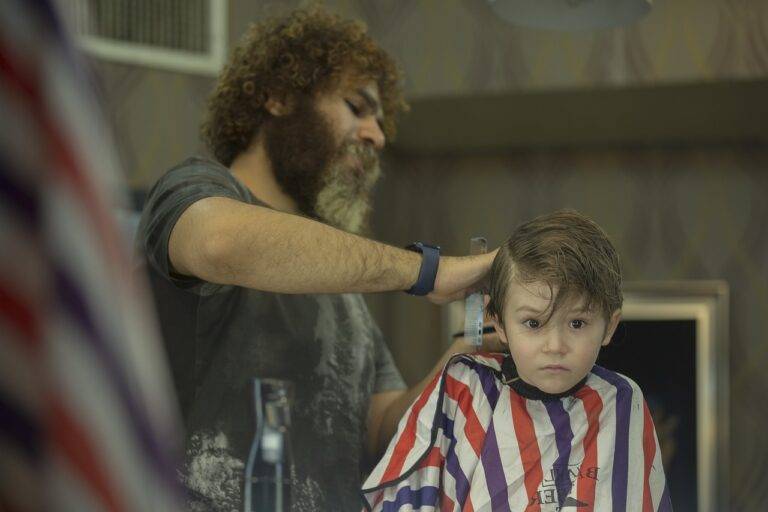The Impact of Stress on Hair Health
bet bhai.com, cricket99 bet login, diamondexch9.com:Stress is a common part of our daily lives, but its impact on our health goes beyond just mental and emotional well-being. Stress can also have a significant impact on our physical health, including our hair health. In this blog post, we will explore the connection between stress and hair health, and discuss ways to mitigate the effects of stress on your hair.
The Impact of Stress on Hair Health
Hair loss is a common problem that can be caused by a variety of factors, including genetics, hormones, and medical conditions. But one often overlooked factor that can contribute to hair loss is stress. When we experience stress, our bodies release a hormone called cortisol, which can interfere with the normal growth cycle of our hair follicles.
Stress can lead to a condition known as telogen effluvium, which is characterized by excessive shedding of hair. This occurs when a large number of hair follicles enter the resting phase of the hair growth cycle at the same time, leading to increased hair loss. In addition to telogen effluvium, stress can also exacerbate existing hair loss conditions, such as alopecia areata and male or female pattern baldness.
In addition to causing hair loss, stress can also affect the overall health and appearance of your hair. Stress can lead to dry, brittle hair that is more prone to breakage and damage. It can also exacerbate scalp conditions, such as dandruff and psoriasis, which can further impact the health of your hair.
Managing Stress for Healthy Hair
While it may be impossible to eliminate stress completely from our lives, there are steps we can take to manage stress and mitigate its impact on our hair health. Here are a few tips to help you manage stress and keep your hair healthy:
1. Practice relaxation techniques such as deep breathing, meditation, or yoga to help reduce stress levels.
2. Get regular exercise, which can help reduce stress and improve overall health.
3. Maintain a healthy diet rich in vitamins and nutrients that are essential for hair health, such as vitamins A, C, D, and E, as well as biotin and iron.
4. Get an adequate amount of sleep each night, as lack of sleep can contribute to increased stress levels and hair loss.
5. Avoid using harsh chemicals or heat styling tools on your hair, as these can further damage stressed hair.
6. Consider seeking professional help from a therapist or counselor if you are struggling to manage stress on your own.
By taking steps to manage stress and prioritize self-care, you can help protect your hair health and prevent the negative effects of stress on your hair.
FAQs
Q: Can stress cause permanent hair loss?
A: In some cases, extreme or prolonged stress can lead to permanent hair loss, particularly in individuals with a genetic predisposition to hair loss. It is important to seek treatment for stress-related hair loss as soon as possible to minimize its impact on long-term hair health.
Q: Are there any supplements that can help with stress-related hair loss?
A: Some supplements, such as biotin, vitamin D, and omega-3 fatty acids, have been shown to promote hair growth and improve hair health. However, it is important to consult with a healthcare professional before starting any new supplement regimen to ensure that it is safe and effective for you.
Q: How long does it take for hair to grow back after stress-related hair loss?
A: Hair growth is a slow process, and it can take several months to a year for hair to fully regrow after experiencing stress-related hair loss. By taking steps to manage stress and promote hair health, you can help support the regrowth of healthy hair.
In conclusion, stress can have a significant impact on our hair health, leading to increased hair loss and damage. By taking steps to manage stress and prioritize self-care, you can help protect your hair health and prevent the negative effects of stress on your hair. Remember to practice relaxation techniques, maintain a healthy diet and lifestyle, and seek professional help if needed to support healthy hair growth and overall well-being.







